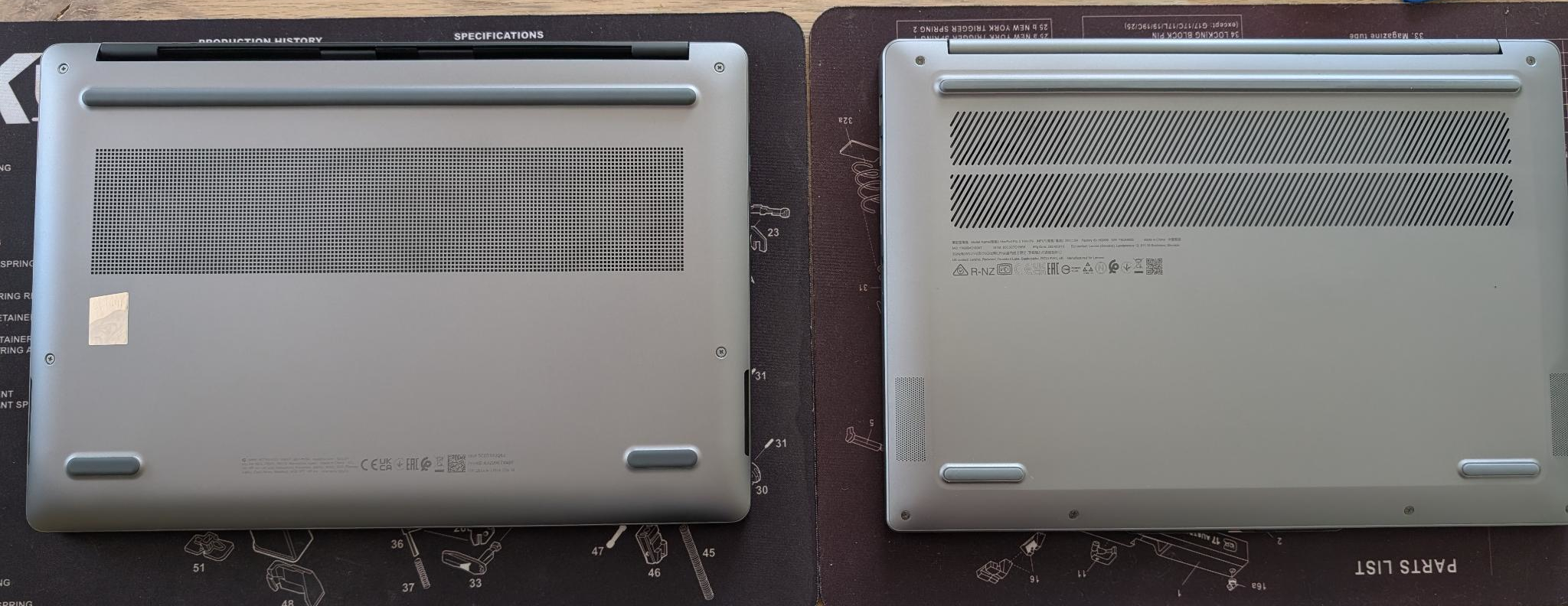
Late Summer 2025 Laptop
September 6th 2025, I had a mild stroke when I discovered that AMD did something very similar to Apple's M{n} generation chip : an APU with tons of shared memory between an excellent CPU and very capable GPU (comparable to an RTX 4000 Ada Mobile).
The Ryzen AI Max+ 395 (this naming...), allows for 128GB of memory available to the GPU. This run gpt-oss-120b at 35+ token/s. Let me reinstate : It can run. a 120B model. at real-time speed. It's INSANE. Granted gps-oss-120b is an MoE, but still you get general knowledge at usable speed.
I considered getting a small form factor / minipc of this APU (see Framework's offering at 2400€ VAT in.), to just host an API for LLM inference. But then stumbled on HP's portable workstation : HP ZBook Ultra 14" G1a.
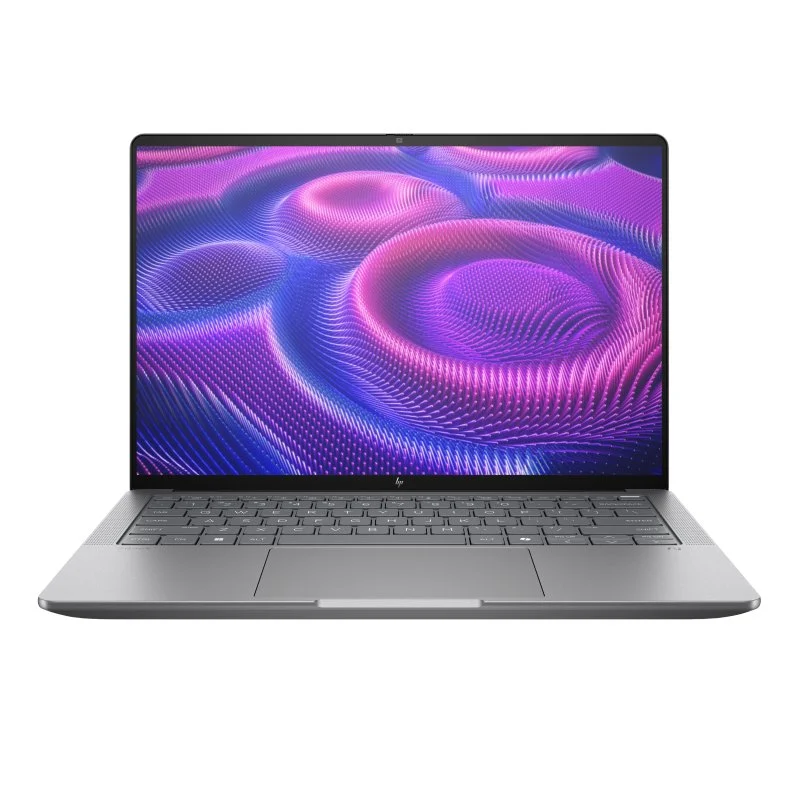
It's not much heavier that my previous laptop at 1.6Kg versus 1.5Kg. It has a vapor chamber, a very good 120Hz OLED screen, compact size, seemingly good Linux support as it is officially supported on Ubuntu. A single fullsize M.2 2280 port, sadly only PCIe 4.0 and not 5.0 (regrettable as energy efficient 5.0 SSDs have started to pop up). APU is rated for 55W instead of 45W. But can sustain power draws around 70W and even more in some very stressfull use cases. Considering my mostly light use, with short to medium length burst, I expect to be well served by a cooling system sized for a peak of 110W thermal dissipation.
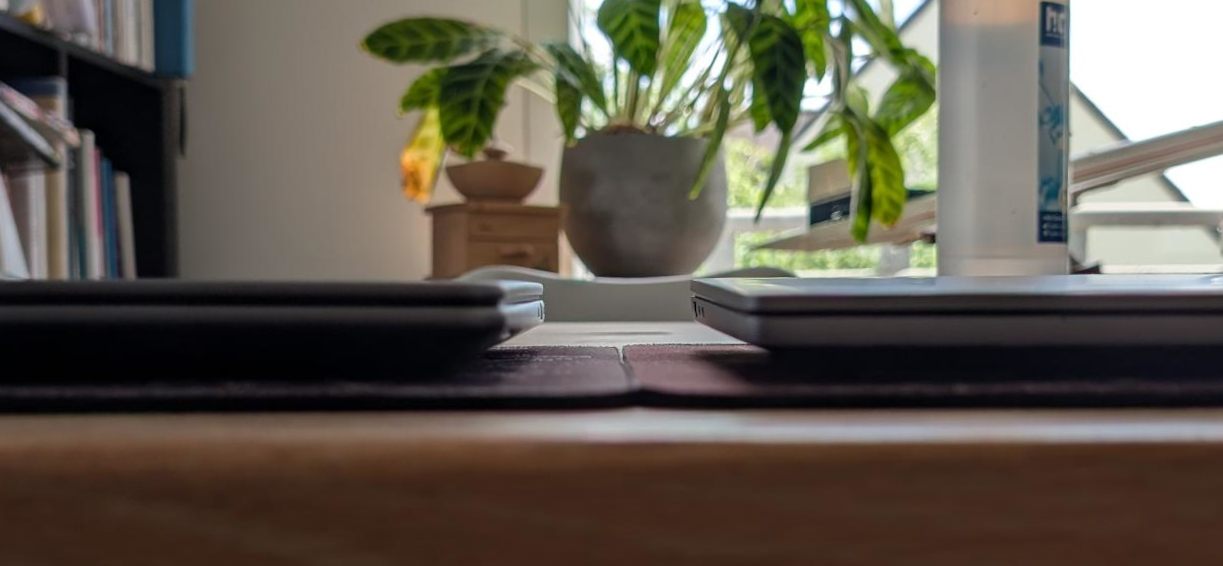
My rationale for going with this laptop instead of swapping the motherboard of my AI PC with a MiniITX 395+ from Framework was simple : I use my laptop everyday, hours a day. Whereas the AI PC is started once a month to try CUDA-only stuff or huge models. By going with this laptop I would enjoy/benefit from the performance on everything, everyday.
Hours later, I had put my AI PC for sale, fast-forward 4 days and I ordered this laptop.
Pricing is fairly hard to justify. At 4030€ VAT in. sticker price on HP's store. This still compares well to a precision workstation of "similar" specs. And I use "similar" loosely because you cannot get 128Gb of VRAM in a precision workstation, also the system memory isn't as fast as in HP's G1a workstation.
As this machine could have interested my company, I asked for an estimate for multiple machines without a Windows Licence and with a 4x smaller SSD. HP's representative came back 3 days latter with a laughingly +800€ over sticker, for an inferior config !
So I just created a business account on my own, which automatically shaved 300€ of the price, putting it around 3750€ VAT in. (3120€ VAT ex.).
That still isn't good value for money, as it's roughly 2 to 2.25 faster than my IdeaPad Pro 5 14AHP9 but almost three times the price.
Semiconductor pricing doesn't scale linearly with performance and I value privacy / self-reliance / local inference enough to justify this purchase.
Ok course, If I could stand Apple being such a control freak, an M4 MacBook Pro would be even better (especially in build quality/packaging, audio, and battery life), although at a slighly steeper price. It would cost around 5600€ VAT in. for the same amount of memory. But I need to swap my 4To NVMe which is impossible on Apple SoC. So that would bring the bill to 6400€ VAT in with the right storage option.
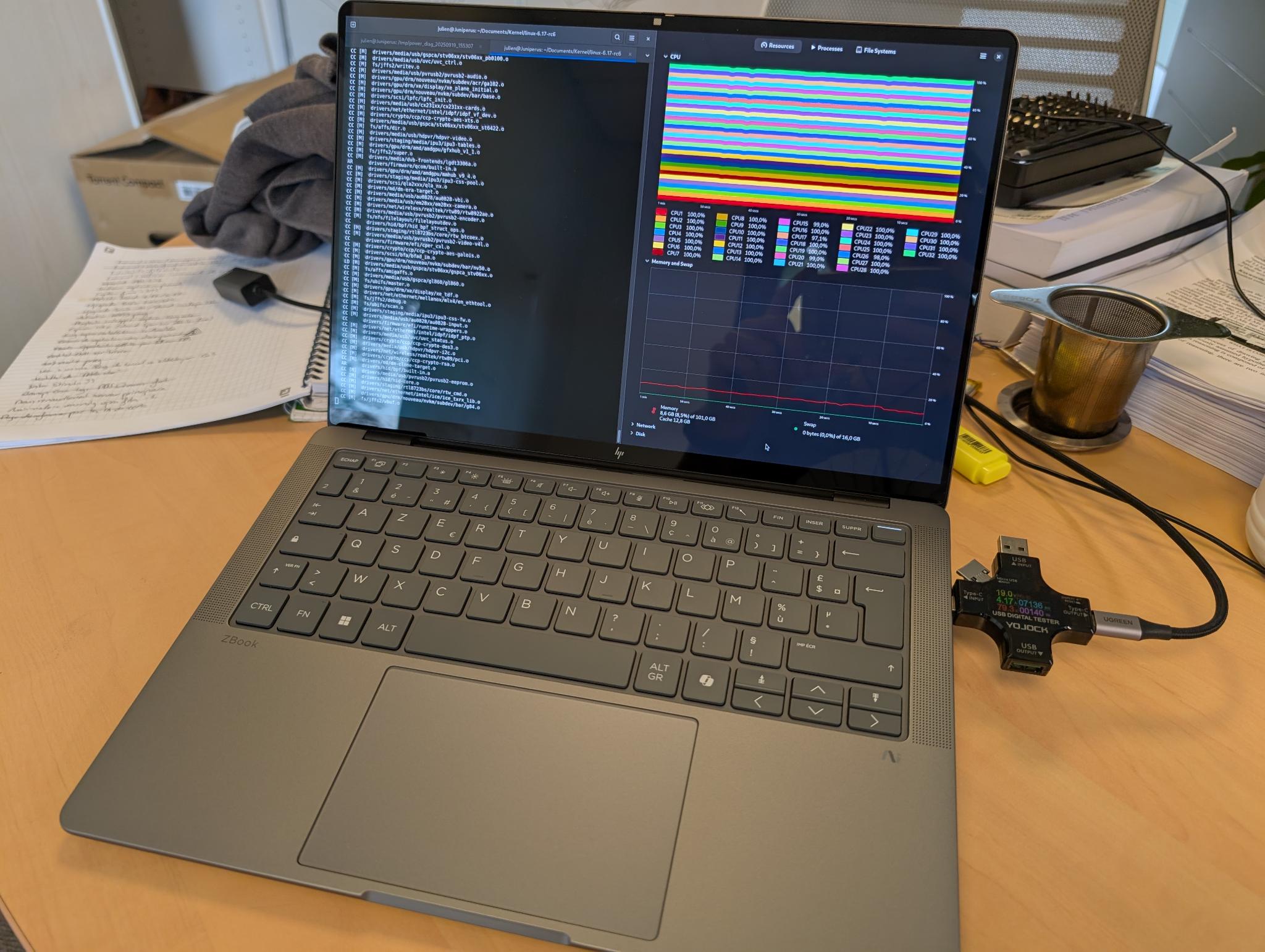
Setup on Linux
The experience was extremely painful, even though it shouldn't have been.
It arrived on a Monday, the same afternoon I swapped the bundled 2Tb drive with my 4Tb. Everything booted but the laptop very quickly got too warm. Not hot but uncomfortably warm when you're used to a dead-cold laptop.
I took a look at the PPT values and they were much too high compared to my previous 8845HS implying poor battery life along with it. Also, the screen casing had a small mark and the camera didn't work. At this price point I decided it was not acceptable and called for a return & refund.
Things dragged on and I didn't receive the return label. So I decided to give it another try and spent a day trying to figure out how to better thermally manage the APU.
My checklist to keep the laptop was :
- Fix the thermal management
- Fix the excessive fan spin at idle
- Fix the battery charge limitation to 80%
- Fix the borken suspend/sleep
- Fix the camera
Writing a custom Gnome extension and using amd_pstate=active got thermal and battery lifetime under control. The battery charge limit to 80% eluded me for a while until I checked the voltages and had a battery stay at 100% for 30min in the train. I understood that HP was actually faking the SoC when activating the "Maximum battery life" in the BIOS. They make the OS believe it is at 100% when it's actually at 80%.
I still had the suspend issue, camera, and excessive fan speed. This seemed manageable to me, so I cancelled the return and thought I would straighten this out during the weekend.
I spent most of my weekend on it and never managed to get suspend to work.
So on Sunday night I decided (again) it was to go back to HP. On monday I received a letter from HP legal department stating that they refused to refund the Microsoft Windows licence that was forced on me during the purchase. So I asked for a full return. HP refused.
At this point I was thinking about keeping it in a drawer until things improve on the Linux side.
But I gave it a final try and managed to solve the suspend issue by using iommu=off and enabling secure boot, ram encryption and pluton security processor. The camera support is coming in kernel 6.18 (or 6.19) so that's fine. As of this writting, the latest kernel is 6.16.9 and 6.17rc7.
I'm now a very happy owner of a ZBook Ultra. This kind of power in this package is incredible.
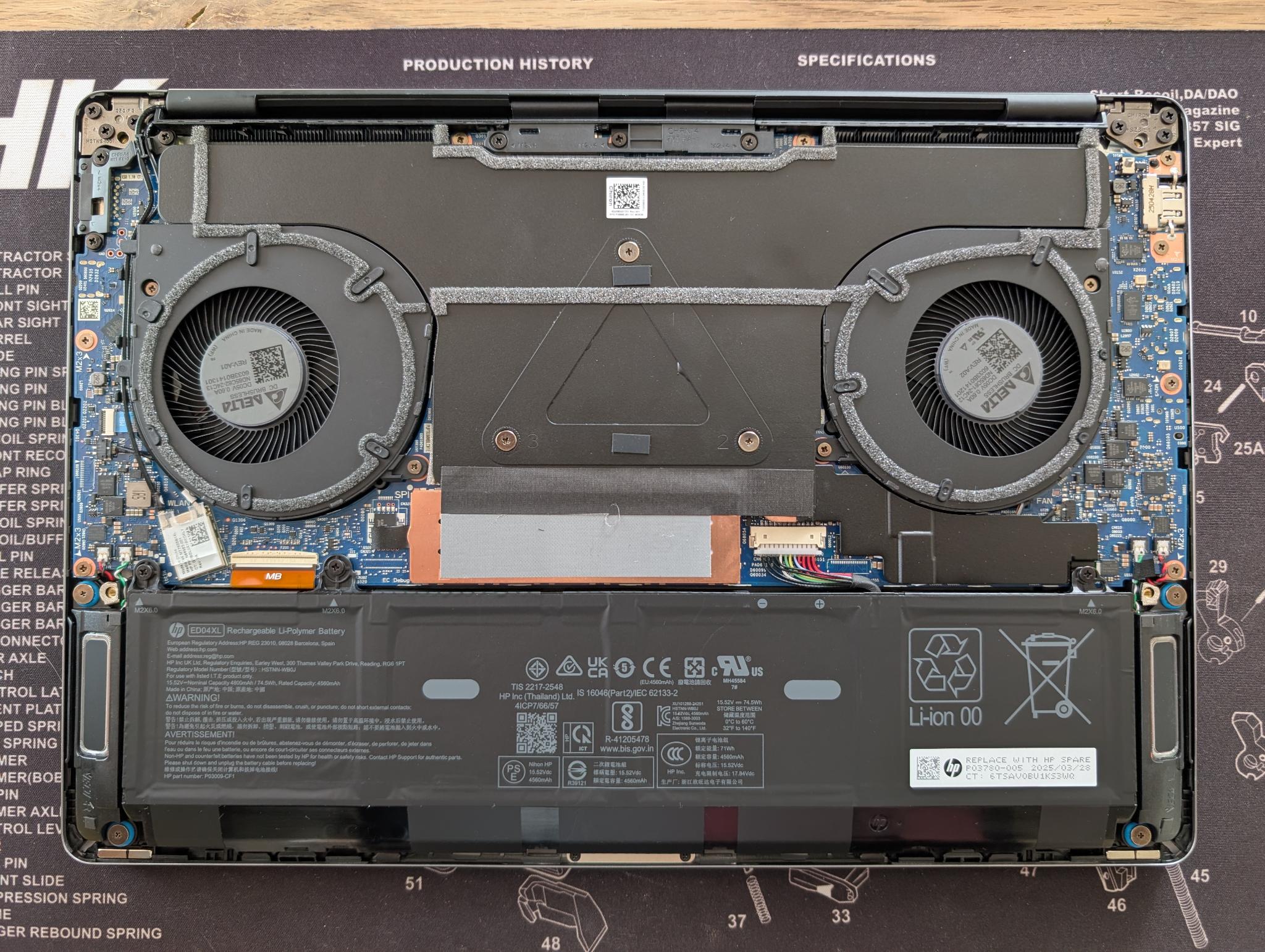
HP offered a 5% rebate for the defect on the casing, bringing the final price to 3000€ VAT exl.
As I noticed that loading openai/gpt-oss-120b took quite a while, I upgraded my Crucial P3 4TB with a WD 7100 4TB. It had excellent review for its power efficiency and overall performance/watt, something I'm very receptive to. I don't regret the switch as it improved LLM loading times. This is the second time I replace my 4TB for a more efficient one. I had a Corsair MP400 4TB in 2001, replaced it with the Crucial P3 4TB (4 years youngers, for its better effiency) and now the WD7100.
Now it is time to feel the pain that is getting ROCm to work reliably, and see if ZLUDA is mature enough to make CUDA project work decently.
Minor downsides
- Fans annoyingly kicking in when IDLE (hoping for a bios update)
- The power LED is much too bright when watching a movie in your bed
- The touchscreen grid is way too visible on light backgrounds, but we get used to it
- They use Philips head screws instead of torx. At least they are captive.
- PCIe 4.0 instead of 5.0 for the NVMe
- Fit and finish is coherent with a <2000$ base model, but not with a 4000$ laptop.
- Some coil while in certain conditions
- Audio at very low volume is distorded on the bottom firing speakers
Laptop performance evolution
I took the opportunity to plot the performance of my previous laptops over time. I would like to go back further (iBook G4, but it's hard to find the same benchmark).
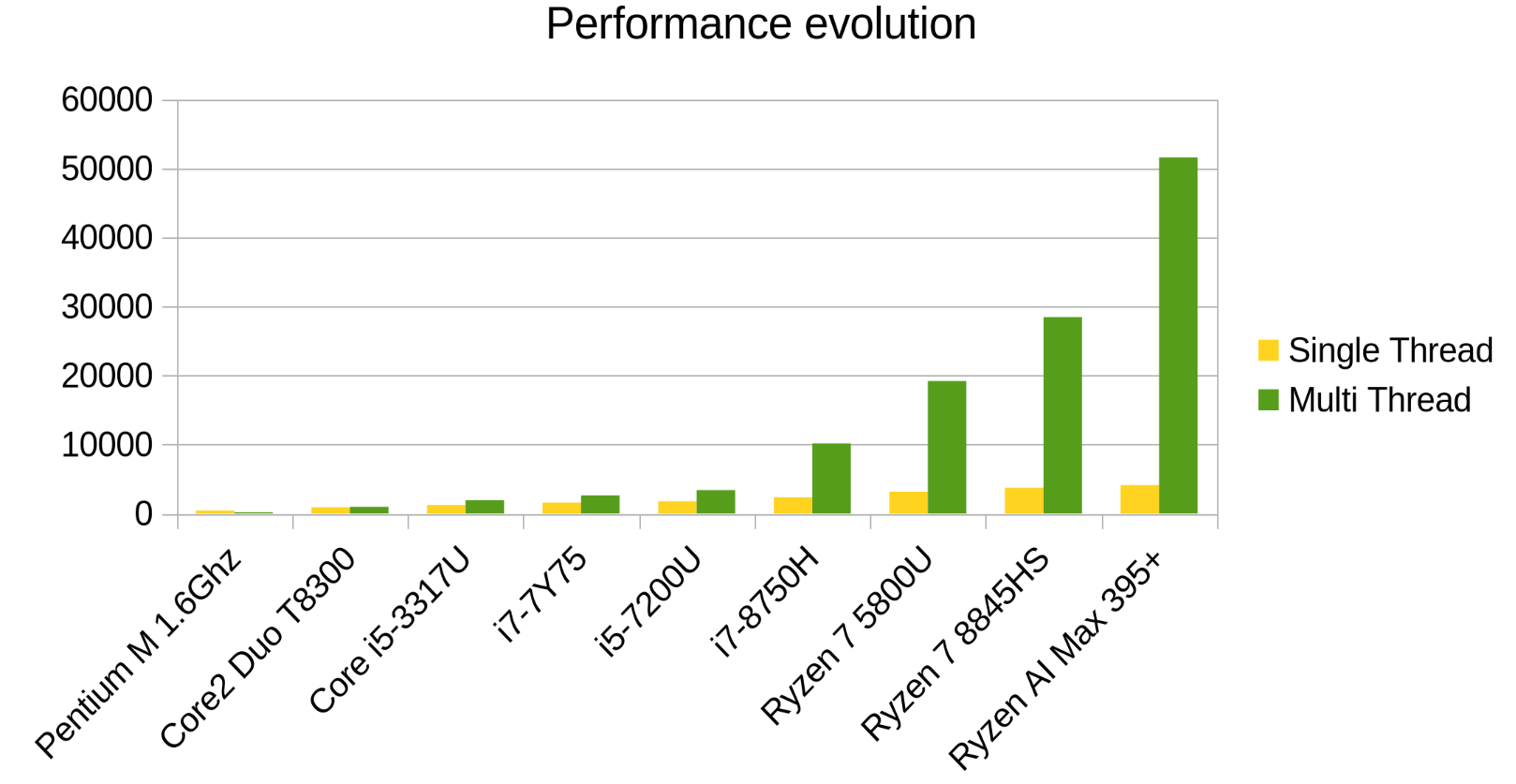
- Core2 Duo T8300 was a MacBook Pro,
- Core i5-3317U was a MacBook Air 11",
- i7-7Y75 was a MacBook Retina 12".
Other CPUs were/are PCs.
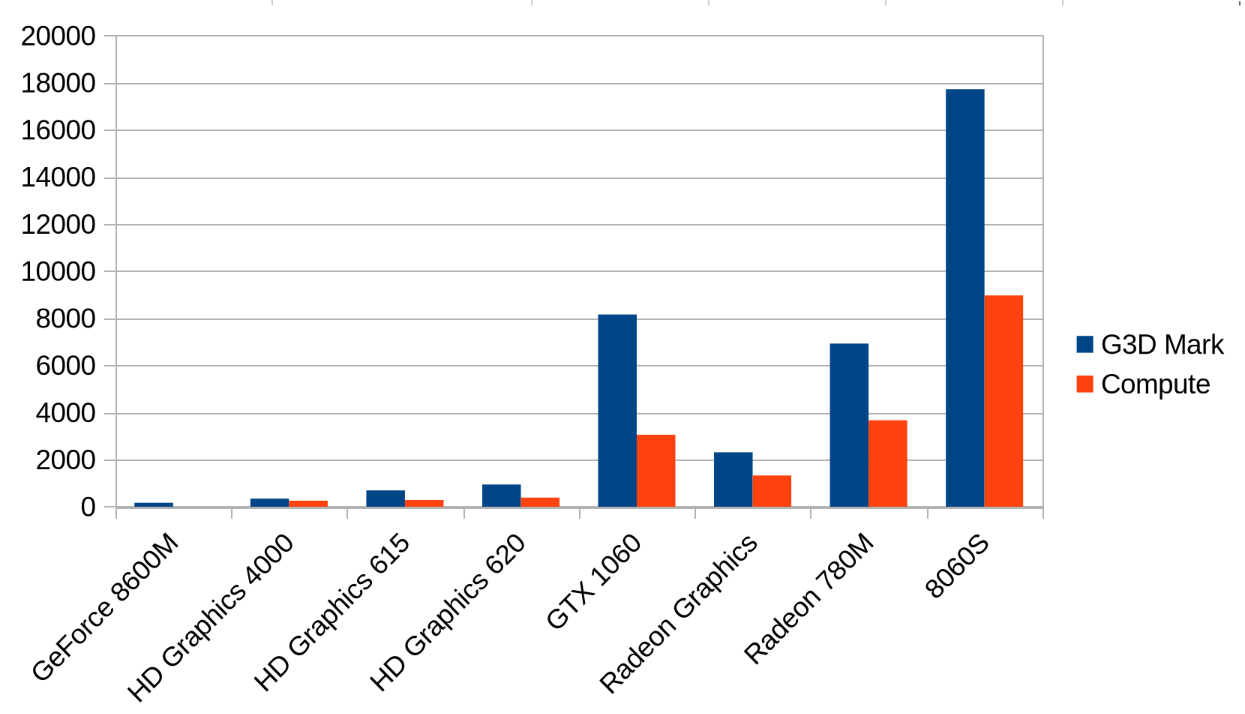
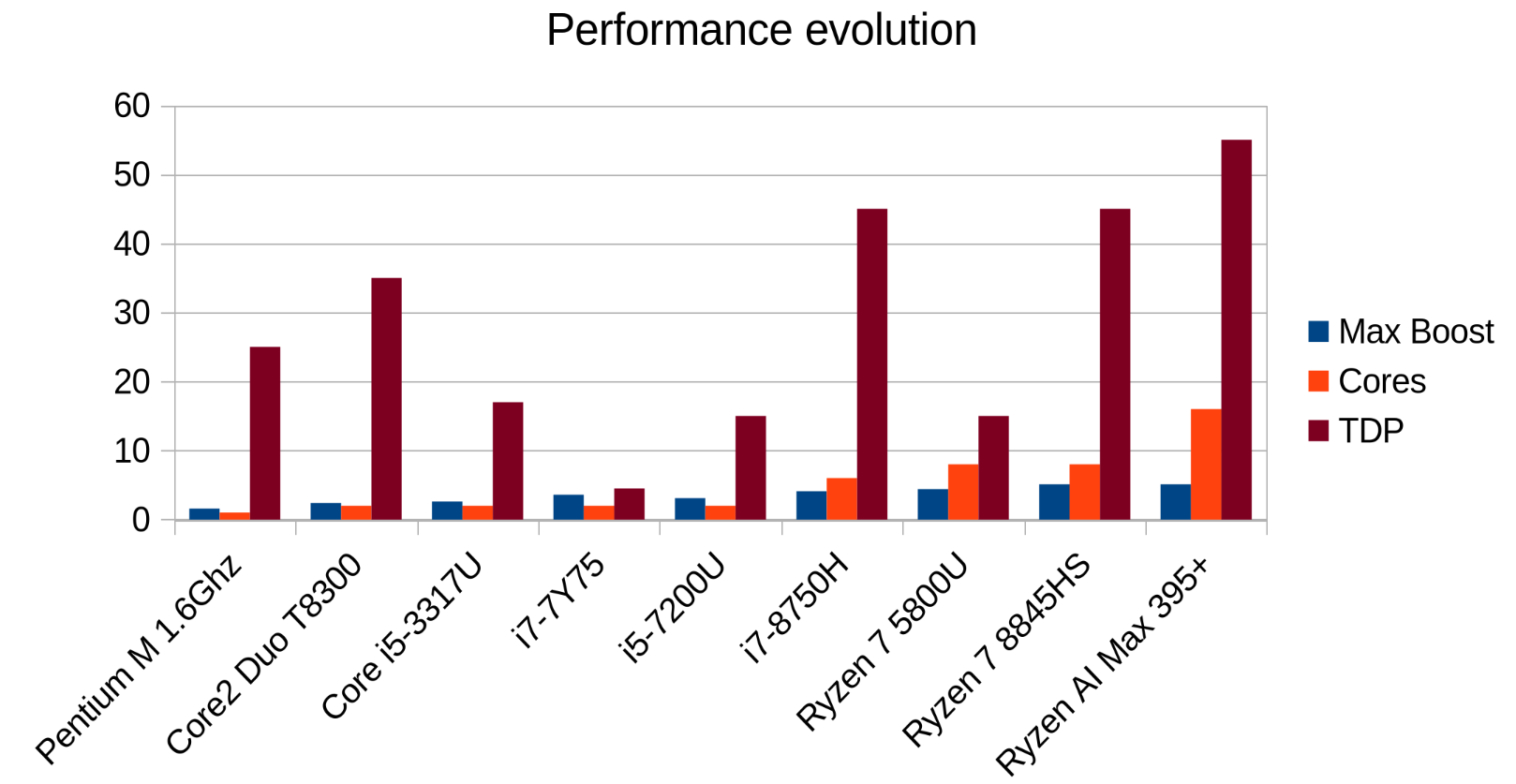
These span roughly on a 17 years period.
